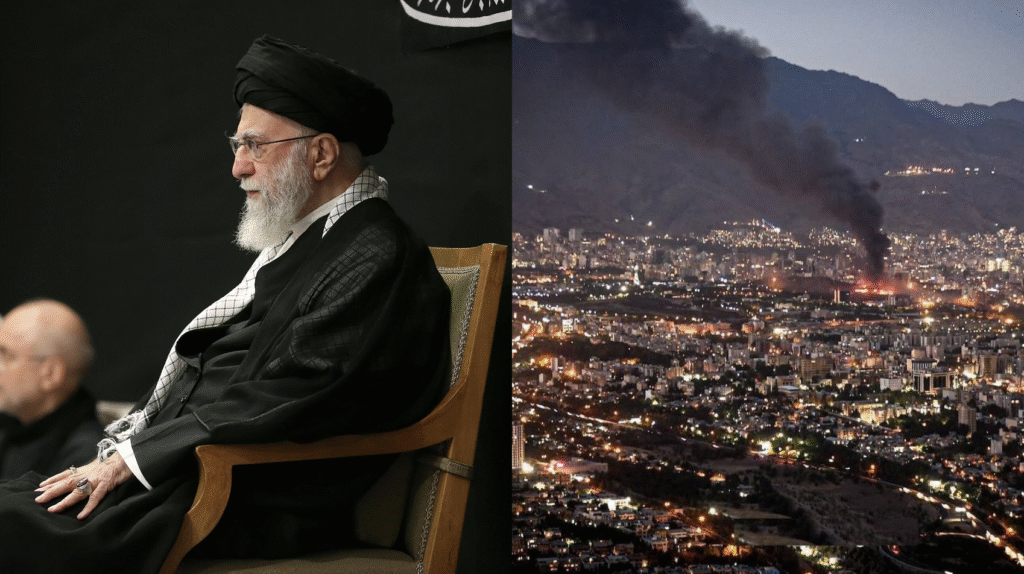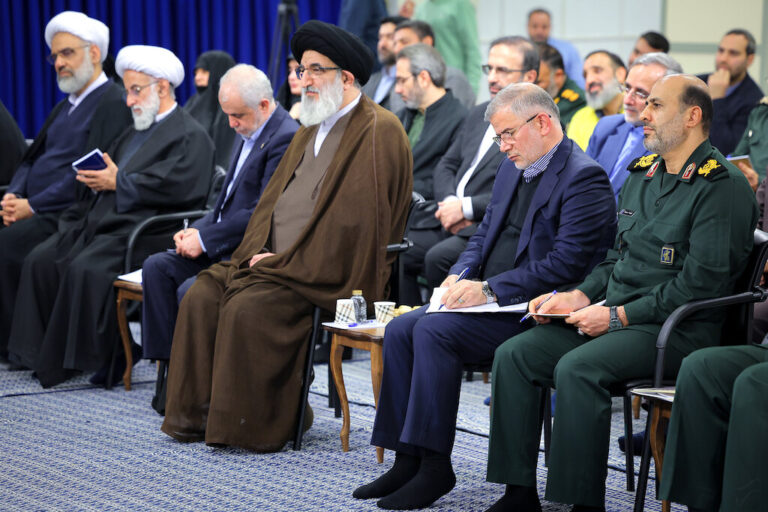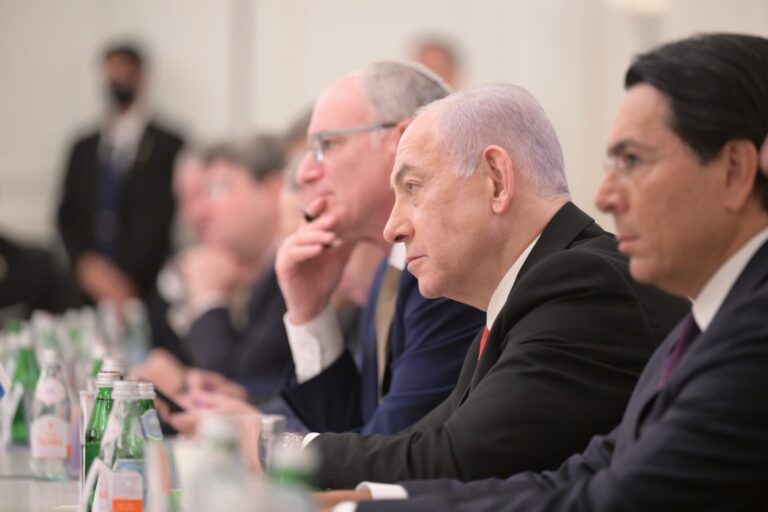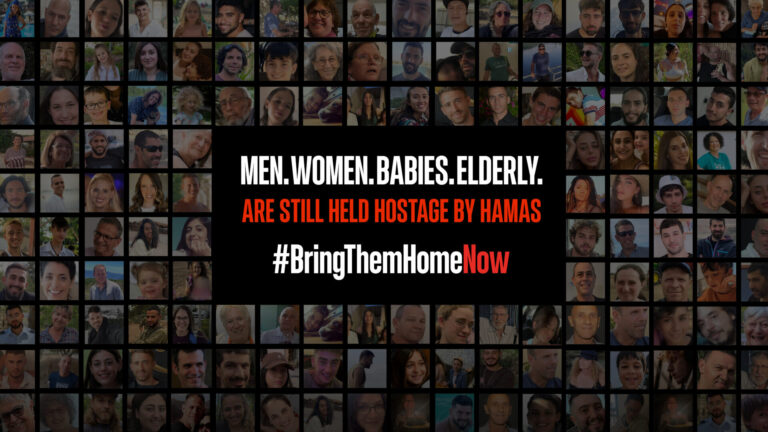Here is interesting real estate information from Iran: since June, on the Iranian housing classifieds website, apartment owners have been proudly noting that their property is far from military bases. If the Revolutionary Guards or similar installations are nearby, the property value plummets — out of fear of an Israeli strike.
The water pipes in Tehran are shut down six hours a day, but the gallows operate 24/7. Since the beginning of 2025, the Iranian regime has executed 1,500 civilians. Anyone who knows the Mossad knows that the number of its agents will never even approach a fraction of that number. The ayatollahs use mass executions to terrorize the public.
The goal of the war in June, as Prime Minister Benjamin Netanyahu described it, was not only to eliminate the existential threat of the nuclear program, but also to eradicate a new existential threat: thousands of ballistic missiles. Meaning: they are not only a shield against Israeli attacks — they are also a sword.
The Iranians have internalized the message well. They have not resumed the nuclear program, fearing President Trump’s response. Most efforts are now directed at rebuilding their missile program.
The first part is relatively easy — clearing rubble from the underground launch and storage sites. The IDF had blocked them off during the war to prevent massive launches, and now bulldozers are clearing debris. Tehran’s attempt to replenish stockpiles has run into more difficulties after production sites were destroyed, but at the end of each day, Iran still ends up with more missiles than it had that morning.
Nonetheless, Israel is not lacking in options. In Operation Rising Lion, the IDF refrained — on the cabinet’s orders — from two strategic steps: eliminating Iranian leadership and eliminating the country’s economy. Both missions are still possible, and are meant to deter Iran from further military adventurism. To the best of Israel’s knowledge, Iran does not seek to initiate another war, but fears an Israeli strike — and the gap between fear and miscalculation is small.
In Jerusalem, officials still hope for a domestic uprising that will end the situation peacefully — and at the same time lead to the complete cutoff of all support for Hezbollah and Hamas. Since the war, the Iranian public’s distrust in its leadership has deepened, but fear remains the prevailing emotion. Somewhere, centrifuges turn, and so does the public’s fear, slowly becoming the anger that could fuel regime change.
The above is an excerpt from my Shabbat column in Israel Hayom. Read it on Israel Hayom’s website here.









